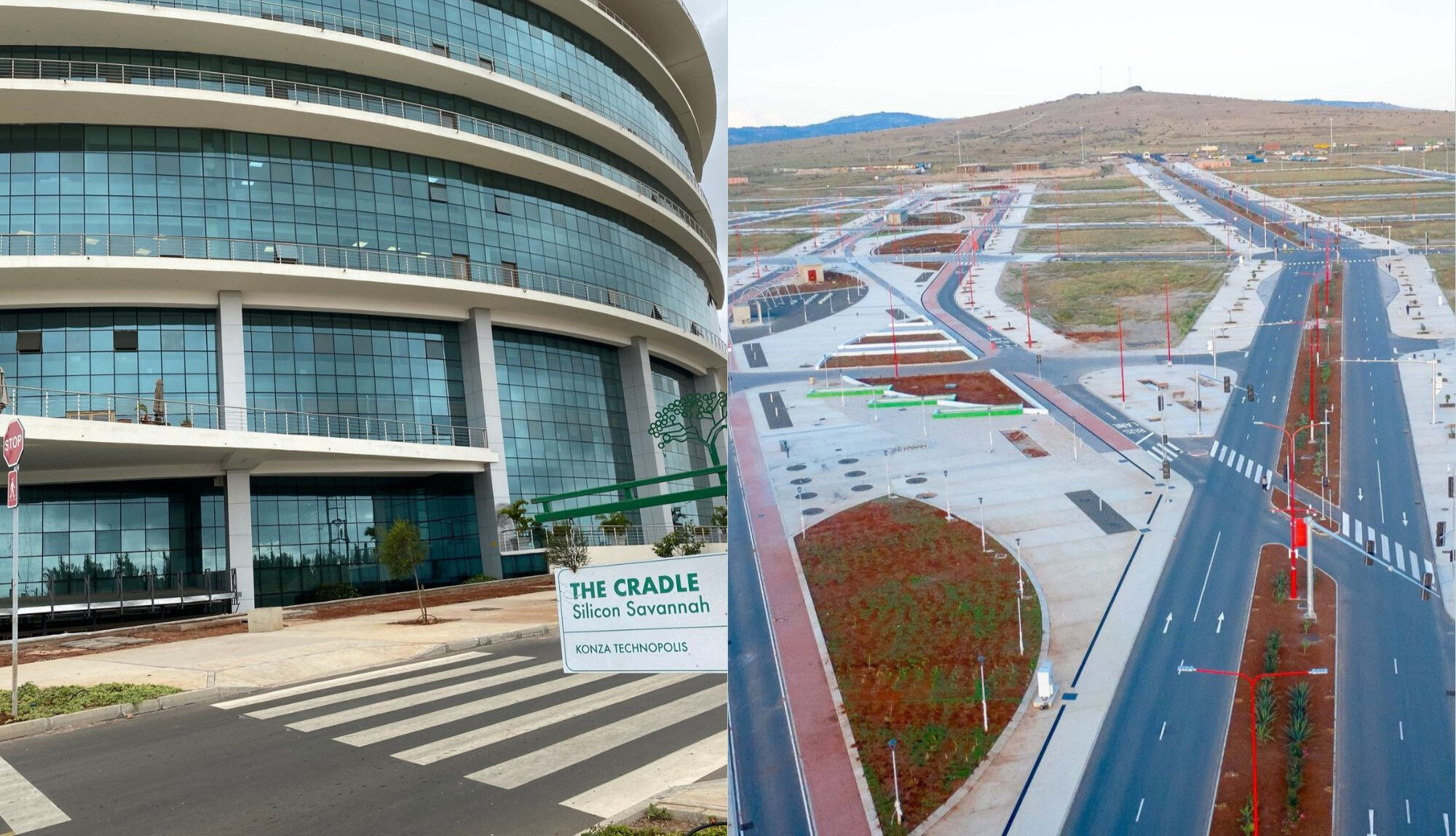Kenya’s digital economy is projected to contribute Ksh 662 billion to the nation’s GDP by 2028, driven by strategic policy reforms and the accelerating digitalisation of key sectors, according to a new GSMA report, *Driving Digital Transformation of the Economy in Kenya*.
The report highlights that digital adoption across agriculture, manufacturing, transport, and trade will not only boost economic output but also create 300,000 new jobs and increase tax revenues by Ksh 150 billion.
As a recognized leader in mobile financial services and digital innovation, Kenya has integrated digitalisation into its economic strategy through initiatives like Kenya Vision 2030 and the Bottom-Up Economic Transformation Agenda (BETA). These frameworks underscore the importance of digital technologies in driving economic growth and development.
GSMA’s study outlines how expanding digital adoption can unlock significant economic benefits and presents a roadmap for maximising these gains through targeted policies. By focusing on digitalisation, Kenya aims to diversify its economy, boost productivity, and generate high-quality employment opportunities, especially for young and rural populations.
Accompanying the report, GSMA launched the Digital Africa Index (DAI), a tool that assesses digital adoption across Africa. Kenya ranks among the top performers, highlighting the country’s strong policy and regulatory frameworks that have driven leadership in mobile broadband innovation.
In 2023, Kenya’s mobile ecosystem contributed Ksh 1.2 trillion to the country’s GDP and Ksh 212 billion in government revenues. However, the GSMA report notes that gaps remain, particularly in mobile internet usage, with only 33.5% of the population currently connected. Expanding smartphone access and affordability, as outlined in the complementary report Barriers to Smartphone Adoption: Kenya’s Case, is key to closing the digital divide.
The GSMA recommends policy actions such as reducing telecom taxes, accelerating license renewals, and expanding device financing options to boost infrastructure investment, reduce consumer costs, and increase digital inclusion. These measures, according to Angela Wamola, Head of Sub-Saharan Africa at GSMA, are crucial for Kenya to fully harness the benefits of digital transformation across all sectors, generating wide-reaching economic and employment gains by 2028.





